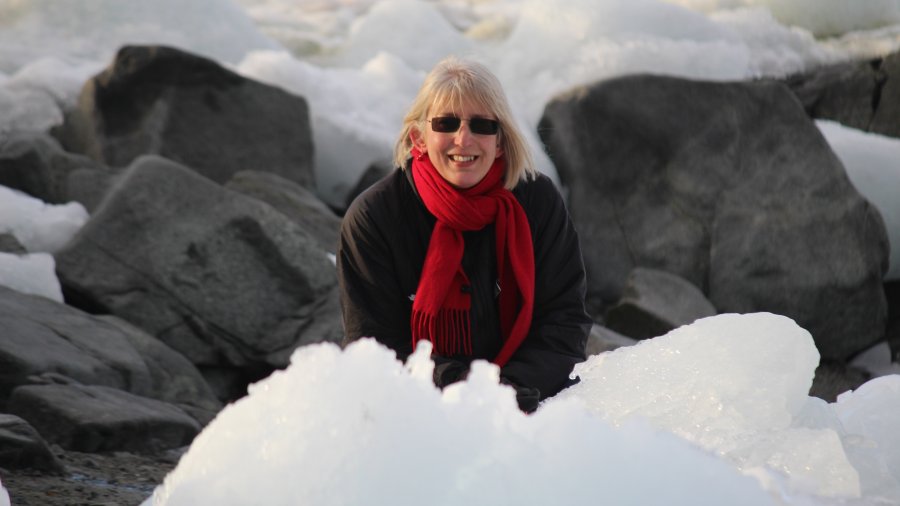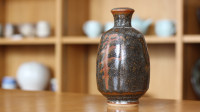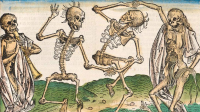How to rebuild a city with Karam Alkatlabe


BSc PhD DSc
Melody Clark is a molecular biologist, leading the Adaptations group at the British Antarctic Survey (BAS). Melody’s research interests are in understanding how polar marine species have adapted to life in freezing seas and their responses to climate change.

Melody Clark read Genetics at Queen Mary University of London, followed by a PhD in Genetics at Imperial College, London. She is the Project Leader for the Adaptations Group at the British Antarctic Survey. She is an Honorary Professor in the School of Biological and Marine Sciences, in the Faculty of Engineering at the University of Plymouth and holds a Visiting Chair at the University of the Highlands and Islands, Scotland, where she teaches on the Polar Seas Masters course. She also holds an Honorary Researcher position at CNR in Naples, Italy.
Melody has 30 years experience in comparative genomics. She started her molecular career working on the Fugu (Japanese pufferfish) genome project and in her subsequent move to BAS has played a major role in the development of cross-disciplinary studies into the Environmental Genomics of Antarctic organisms (ranging from microbes, through marine invertebrates to fish). Melody leads molecular investigations into Antarctic organisms’ adaptation to the cold and responses to environmental change with a strong emphasis on technology transfer from model species. She has also played a significant role in breaking the glass ceiling in Antarctic science (often thought of as dominated by bearded men in snowstorms). She was the first woman promoted to Individual Merit Promotion level (IMP3) within BAS and is one of only 21 women awarded the Polar Medal for her contribution to the Polar Sciences.
Melody’s research interests are in understanding how polar marine species have adapted to life in the cold and how this predicates their responses to climate change. She uses transcriptomic analyses to decipher Antarctic marine species' responses to changing environmental conditions and their environmental stress response, with a particular interest in heat shock proteins. Most recent research interests include how life history traits, and in particular epigenetics, impact Antarctic organisms’ responses to change and the use of gene network analyses to uncover the function of “unknown” genes. She is also interested in developing Antarctic fish cell culture as a resource to understand how proteins, organelles and cells function at 0°C. This involves the transfer of technologies from model organisms, including high-resolution microscopy and fluorescent labelling techniques in collaboration with the Department of Chemical Engineering and Biotechnology. She is also working with the Department of Genetics and The Computer Laboratory to exploit Machine Learning techniques to analyse Antarctic fish genomes and proteins. Her most recent PhD studentship project involves investigating AMR (antimicrobial resistance) in Antarctica and identification of novel antimicrobials from Antarctic bacteria. Recently her team has also explored the potential consequences of ocean acidification with fundamental analyses of shell construction and shell variability in bivalve molluscs in the natural environment in both polar and temperate regions.

Graduation ceremonies are the culmination of students’ hard work and commitment, and a moment to celebrate the completion of their Cambridge degree.

A display of works from the Bradshaw-Bubier studio pottery collection.

How we can develop ‘death activism’ – a variety of tactics and posthuman practices which celebrate death, its inevitability, its forms, from the slow to times of crisis, and how can trauma and mourning emerge as their own forms of expression, or even activism?

We are delighted to welcome Sandi Toksvig OBE as our speaker for Wolfson's prestigious Lee Lecture this year.

Join us for the 2024 Wolfson Research Event: an interdisciplinary academic conference organised by students to showcase the diversity of the research carried out by Wolfson students.







